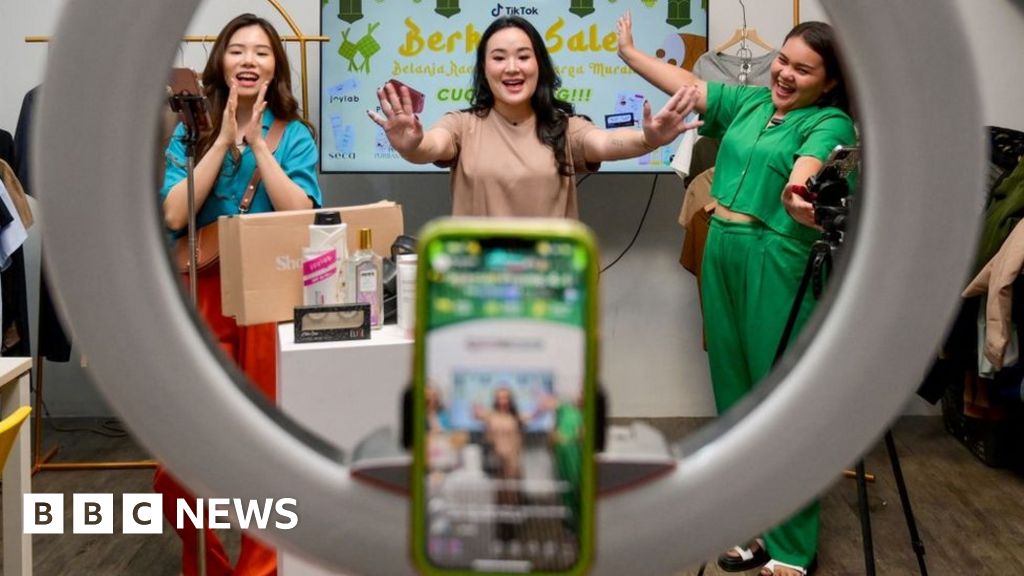Unlock the Editor’s Digest for free
Roula Khalaf, Editor of the FT, selects her favourite stories in this weekly newsletter.
Hong Kong’s voters largely steered clear of a Beijing-imposed “patriots-only” election on Sunday, in a blow to official efforts to legitimise China’s vision for governing the territory.
A record low 27.5 per cent of the city’s 4.3mn-strong electorate cast their ballots, despite officials extending voting by 1.5 hours, citing electronic system failure.
The final turnout in the last district election in 2019, when opposition candidates won by a landslide, was 71.2 per cent. The previous record low turnout was 30.3 per cent in 1988.
Local officials had made exhaustive efforts to persuade citizens to vote under an electoral regime that in effect barred opposition candidates from standing. Turnout was seen as an important test of the government’s ability to demonstrate public support for the political order imposed by China’s President Xi Jinping.
Many pro-democracy supporters snubbed the polls after the number of directly elected district councillors was cut to less than 20 per cent of 470 seats, down from 94 per cent in 2019. The rest are chosen by committees or by the city leader John Lee. Candidates deemed disloyal to Beijing were also barred from participating.
The electoral overhaul is part of a broader clampdown on the once-freewheeling financial hub after pro-democracy protests in 2019. Many civil society groups have stopped operating, a sweeping national security law has silenced almost all dissent and most opposition activists are either in jail or have fled the city.
“Given that there is no opportunity in this election to express discontent except not to vote, the voting turnout is actually mobilised by the authorities,” said John Burns, emeritus professor at the University of Hong Kong.
Police said they had arrested three pro-democracy activists on suspicion of “attempting to incite others” to disrupt the polls, ahead of a planned protest at a polling station where Lee was to cast his vote. At least three others were arrested on suspicion of inciting others to boycott the election, authorities said.
Beijing and local officials hoped a higher turnout would show public acceptance of Xi’s “patriots administering Hong Kong” system. The government plastered the city with billboards advertising the elections, organised daytime carnivals, a night-time drone show and a TV gala performance to mobilise voters.
The city’s tycoons and companies also joined these efforts. Sun Hung Kai Properties chair Raymond Kwok and the Lee family that controls Henderson Land Development urged staff to vote, while Bank of East Asia and China Construction Bank (Asia) placed newspaper advertisements encouraging participation.
Local officials have described the district election overhaul as completing the “last piece of the puzzle” for the patriots-only system. The first patriots-only poll, for the territory’s legislature, was held in 2021 with a 30 per cent turnout, down from 58 per cent in 2016.
The district councils, formed in 1982 when the city was a British colony, primarily handle municipal matters such as bus routes and street cleaning.
Many pro-Beijing parties held rallies across Hong Kong on Sunday despite a general sense of apathy among the public.
At a polling station, Xu Xiuai, a resident in her 50s, said she was voting for the first time in the district elections.
“I support those who love the country and love Hong Kong,” she said. “I would pick the one who has the kindest heart.”
Credit: Source link











